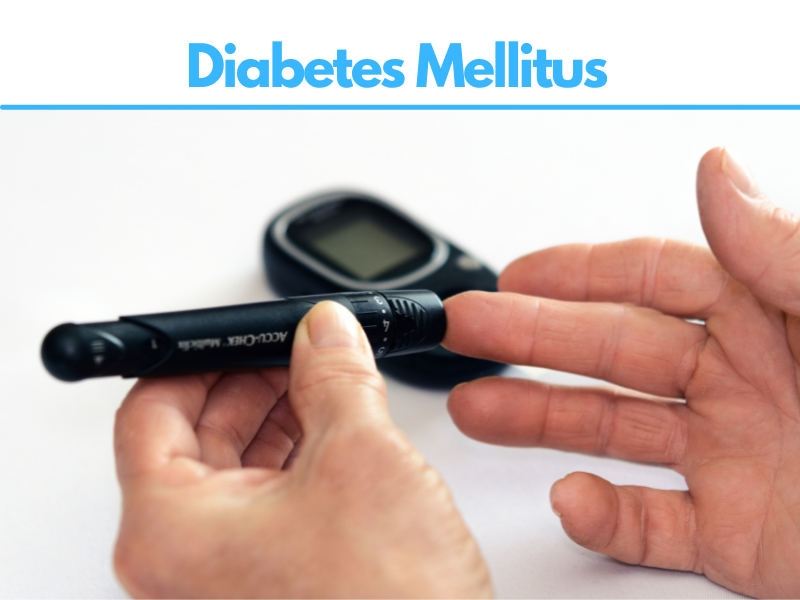Diabetes frequently alluded to by specialists as diabetes mellitus, depicts a gathering of metabolic illnesses in which the individual has a high level of glucose in the blood (blood sugar), either in light of the fact that the production of insulin is insufficient, or on the grounds that the cells of the body don’t react appropriately to insulin, or both. Patients with high blood sugar will commonly encounter polyuria (continuous pee), they will turn out to be progressively parched (polydipsia) and hungry (polyphagia).
- It’s the start of the holiday season, which implies heaps of candies, cookies, cakes, and different treats wherever you go. And, numerous individuals with type 2 diabetes accept that their finding implies they should starve their sweet tooth and say no to these seasonal treats. Yet, is that truly the case?
Joyfully, say experts, the answer is no watchful way to deal with planning your diabetes diet and it implies you don’t need to kiss desserts farewell. Yet, to have the capacity to appreciate that pumpkin pie or bit of cake without blame while holding your blood sugar levels in line, you have to know:
a. What you are eating?
b. How much you are eating?
c. How much carbohydrate, sugar, and calorie you devor?
Impacts:
After you eat or drink, your body separates the sugars in your blood and transforms it into glucose. The glucose goes through your bloodstream and gives your body vitality. To fulfill this, your pancreas needs to deliver a hormone called insulin. In a man with (diabetes mellitus), the pancreas either delivers too little insulin or none by any means, or the insulin can’t be utilized viably. This permits blood glucose levels to rise while whatever is left of your cells are denied of greatly required vitality. This can prompt a wide assortment of issues influencing about all aspects of your body.

